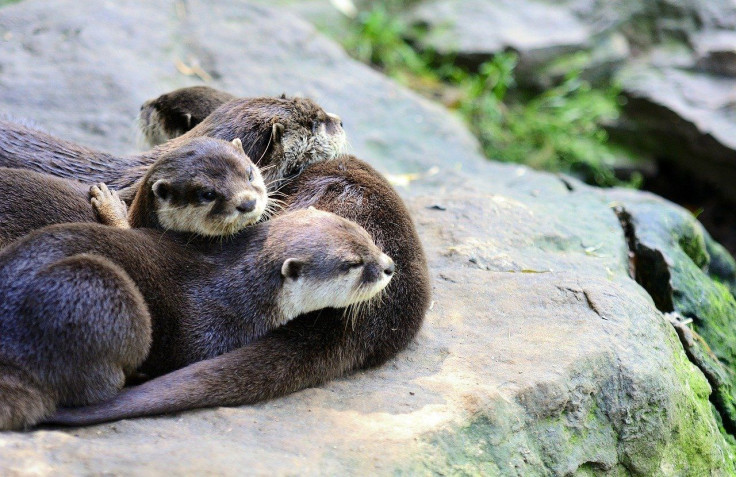COVID-19 In Animals: Otters At Georgia Aquarium Test Positive For Virus
KEY POINTS
- Georgia Aquarium announced that its otters tested positive for SARS-CoV-2
- Like in earlier cases, the zoo animals possibly got the infection from a staff member
- Transmission from animal to human is still "incredibly rare," the facility said
Otters at a Georgia zoo tested positive for COVID-19 but are expected to make a full recovery. It's possible the animal got infected by a staff member.
Georgia Aquarium's Asian small-clawed otters tested positive for SARS-CoV-2, the virus that causes COVID-19. The animals exhibited mild symptoms such as runny nose, cough, lethargy and sneezing, the facility said in a statement Sunday, further noting that the animals are already doing better.
"We're happy to report they are doing well and expected to make a full recovery," Georgia Aquarium said.
See posts, photos and more on Facebook.
The facility followed the recommended protocols, but it's suspected that the animals got the virus from an asymptomatic staff member. Such was also the case in earlier zoo animal infections, such as the tigers at facilities in Minnesota and the Bronx, as well as the gorillas in San Diego.
The facility clarified that the otters do not come in direct contact with the facility's guests, also mentioning that transmissions of the virus from animals to humans are "incredibly rare."
Such cases of animals contracting the coronavirus from humans have been reported from various parts of the world. But just as Georgia Aquarium said, the Centers for Disease Control and Prevention (CDC) also noted that the risk of animals spreading the virus to humans is "low."
"At this time, there is no evidence that animals play a significant role in spreading SARS-CoV-2, the virus that causes COVID-19, to people," the agency said.
So far, evidence has shown that people can spread the virus to animals under certain circumstances, particularly if they come in close contact with the animals. This is why people are being advised to avoid animals, whether pets, wildlife or livestock, if they have or are suspected to have COVID-19.
Only recently, Russia announced that it has registered the world's very first COVID-19 vaccine for animals. The vaccine, dubbed Carnivak-Cov, has reportedly been tested on animals such as mink, foxes, cats and dogs, and has proven to be effective.
According to Russia, the idea is to prevent virus mutations, although some veterinarians noted that there is so far no "immediate" need to vaccinate animals.

© Copyright IBTimes 2025. All rights reserved.






















